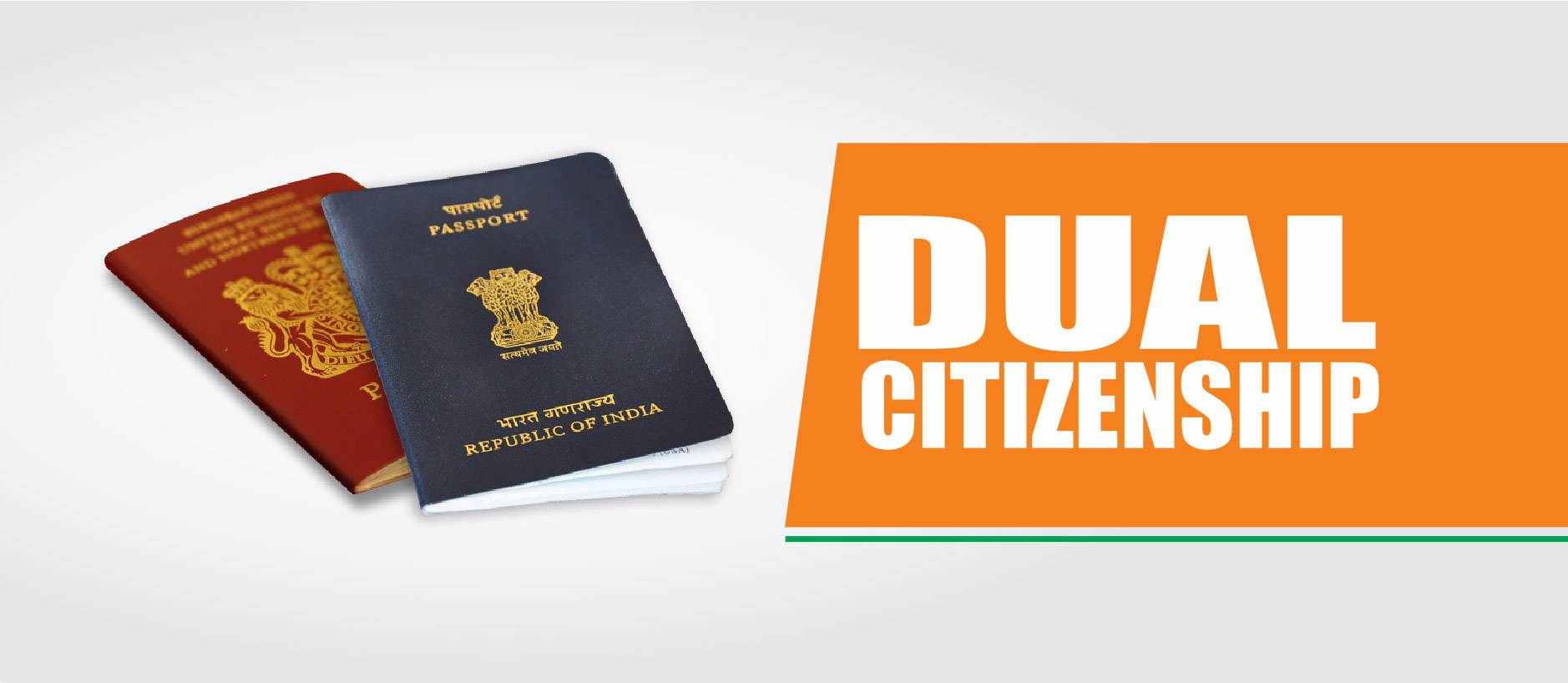Historical Context and Relationship

The Iran-Israel conflict is a complex and multifaceted issue with deep historical roots, fueled by religious, ideological, and political tensions. Understanding the historical context is crucial to grasping the current dynamics of the relationship between these two nations.
The Historical Origins of the Conflict
The conflict’s origins can be traced back to the establishment of the State of Israel in 1948, which was met with resistance from neighboring Arab states, including Iran. The 1948 Arab-Israeli War, also known as the First Arab-Israeli War, marked the beginning of a long-standing conflict between Israel and its Arab neighbors.
- The 1948 Arab-Israeli War: Following the United Nations’ partition plan for Palestine, which proposed the creation of two states, one Jewish and one Arab, Israel declared independence. This triggered a war with neighboring Arab states, including Iran, which supported the Palestinian cause.
- The 1967 Six-Day War: This war resulted in Israel’s capture of the Sinai Peninsula, the West Bank, Gaza Strip, and the Golan Heights. The war further intensified the conflict and led to the displacement of Palestinians and the occupation of Palestinian territories.
- The 1973 Yom Kippur War: This war, initiated by Egypt and Syria, aimed to reclaim territories lost in the 1967 war. While Iran did not participate directly, it provided support to the Arab states.
- The Iranian Revolution (1979): The overthrow of the Shah of Iran and the establishment of the Islamic Republic under Ayatollah Ruhollah Khomeini significantly changed the landscape of the conflict. The new Iranian leadership adopted a more radical stance against Israel, calling for its destruction and viewing it as a tool of Western imperialism.
The Role of Religion and Ideology
Religion and ideology have played a pivotal role in shaping the relationship between Iran and Israel.
- Islam and Zionism: The conflict is often viewed through the lens of Islam and Zionism. Iran, a predominantly Shia Muslim nation, sees Israel as a foreign entity occupying land rightfully belonging to Palestinians. The Islamic Republic’s ideology emphasizes the importance of supporting the Palestinian cause and considers Israel an illegitimate state.
- The Concept of “Zionism” in Iranian Discourse: Iran’s rhetoric frequently labels Israel as a “Zionist regime” and accuses it of being a tool of Western imperialism. This view is deeply ingrained in the Islamic Republic’s ideology and has contributed to the ongoing hostility between the two nations.
The Evolution of the Relationship
The relationship between Iran and Israel has evolved over time, characterized by periods of relative calm and heightened tensions.
- Early Stages (1948-1979): During this period, Iran maintained a neutral stance towards Israel, even establishing diplomatic relations in the 1950s. However, the 1979 revolution led to a dramatic shift in Iran’s policy towards Israel.
- The Post-Revolution Era (1979-present): Following the Islamic Revolution, Iran’s stance towards Israel became increasingly hostile. The Iranian government has repeatedly called for Israel’s destruction and supported Palestinian militant groups.
- The Nuclear Issue: Iran’s nuclear program has become a major point of contention between Iran and Israel, with Israel viewing it as a threat to its security. Israel has been suspected of carrying out covert operations against Iran’s nuclear program, further escalating tensions.
Political and Diplomatic Tensions: Iranian Israeli

The relationship between Iran and Israel is characterized by deep mistrust and animosity, fueled by historical conflicts, ideological differences, and competing regional ambitions. This complex and volatile dynamic has resulted in a long-standing state of political and diplomatic tensions, often escalating into proxy conflicts and threats of military action.
Nuclear Programs, Iranian israeli
The issue of Iran’s nuclear program has been a major source of tension between the two countries. Israel, concerned about the potential for Iran to develop nuclear weapons, has consistently opposed Iran’s nuclear ambitions. This concern stems from the belief that a nuclear-armed Iran would pose an existential threat to Israel’s security.
- The International Atomic Energy Agency (IAEA), the UN’s nuclear watchdog, has repeatedly raised concerns about Iran’s nuclear program, citing inconsistencies in Iran’s declarations and the potential for military applications of its nuclear activities.
- In 2015, Iran signed the Joint Comprehensive Plan of Action (JCPOA), a landmark agreement with world powers that placed limits on Iran’s nuclear program in exchange for the lifting of international sanctions. However, the United States withdrew from the JCPOA in 2018 under the Trump administration, reimposing sanctions on Iran and leading to a renewed escalation of tensions.
- Israel has consistently argued that the JCPOA was flawed and that it did not sufficiently address Iran’s nuclear ambitions. Israel has also been suspected of carrying out covert operations against Iran’s nuclear program, including the assassination of Iranian nuclear scientists.
Regional Influence
Iran and Israel are also engaged in a fierce struggle for regional influence, particularly in the Middle East. Iran supports various armed groups and militias in the region, including Hezbollah in Lebanon, Hamas in Gaza, and the Houthis in Yemen. These groups are seen as a threat to Israel’s security, and Israel has carried out military strikes against them in the past.
- Iran’s support for these groups is seen as a way to project its influence and challenge Israel’s regional dominance. Iran’s regional ambitions have also led to tensions with other countries in the region, such as Saudi Arabia and the United Arab Emirates.
- Israel, on the other hand, has been actively working to counter Iran’s influence in the region. Israel has been involved in supporting opposition groups in Syria and Iraq, and has also been accused of carrying out covert operations against Iranian targets in the region.
Support for Opposing Factions
Iran and Israel have also been involved in supporting opposing factions in regional conflicts, further exacerbating tensions. For instance, Iran supports the Syrian government in the Syrian civil war, while Israel has provided support to Syrian rebel groups. This rivalry has resulted in a complex and dangerous proxy war in Syria, where both sides have been involved in military confrontations.
- The Syrian civil war has become a battleground for Iran and Israel, with each side supporting opposing factions. This conflict has also raised concerns about the potential for a direct military confrontation between Iran and Israel.
- The Israeli-Palestinian conflict is another area where Iran and Israel are on opposing sides. Iran supports Palestinian groups like Hamas and Islamic Jihad, while Israel has been involved in a long-running conflict with the Palestinians.
Role of International Actors
The United States has played a significant role in mediating and exacerbating tensions between Iran and Israel. While the US has been a key player in efforts to resolve the Iranian nuclear issue, it has also been a strong supporter of Israel and has often taken actions that have increased tensions with Iran.
- The European Union has also been involved in efforts to resolve the Iranian nuclear issue, but it has been less supportive of Israel than the United States. The EU has also been critical of Israel’s actions in the Palestinian territories.
Regional Implications and Impact

The Iran-Israel conflict has profound implications for regional stability and security, extending far beyond the two countries themselves. Its impact is felt in the dynamics of power, alliances, and the potential for escalation, shaping the geopolitical landscape of the Middle East.
Impact on Regional Stability and Security
The Iran-Israel conflict contributes to a climate of tension and instability in the region. The potential for escalation, whether through direct military confrontation or proxy conflicts, creates a volatile environment that undermines efforts towards peace and cooperation. The conflict also fuels regional arms races, diverting resources from development and exacerbating existing tensions.
Iranian israeli – The Iranian-Israeli conflict is a complex and multifaceted issue with deep historical roots. It’s a reminder that even in a world filled with technological advancements, like the godrej study table with chair that provides a perfect learning environment, we still grapple with old problems that demand careful understanding and a commitment to finding solutions.
The Iranian-Israeli conflict is a complex and multifaceted issue with a long and troubled history. It’s a topic that’s often discussed in the context of international relations and global politics, but sometimes, you need a break from the heavy stuff.
If you’re looking for a lighter topic, you might want to check out this guide on inglesina fast table chair washing. It’s a practical guide that can help you keep your little one’s eating area clean and sanitized.
After all, even in the midst of global tensions, there’s always a need for a clean and healthy environment, especially for our kids. And when you’re done with that, you can always get back to the complexities of the Iranian-Israeli conflict.
